Celebrating Plants and People
-

Reducing Single-Use Plastic With … Banana Leaves
Unlike plastics, leaves are organic. They can be composed, banana leave add nutrients to the soil, and they act as a hearty compost for gardens. This makes them a perfect solution for our environment. Certainly, not all leaves are suitable for packaging but the size of banana leaves are wide, thick and flexible enough to…
-

Revealing The Mayas’ Agriculture-Supported Trade Empire
“It’s a shame because the grazing isn’t particularly good. The economic production from that land use is minuscule compared to what was produced by the Maya,” (Click on title for full story.)
-
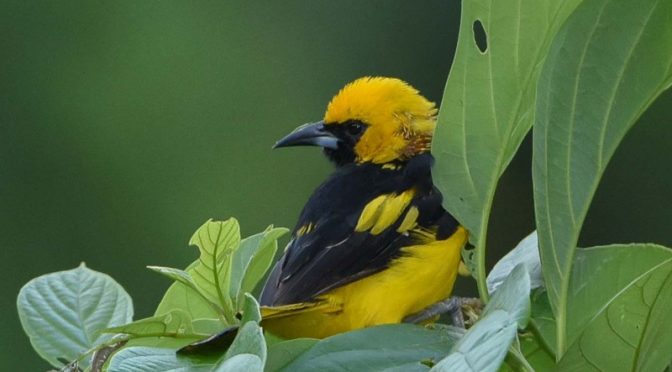
Is Your Shade-Grown Coffee Also Bird Friendly? Probably Not.
“The public reads shade-coffee and thinks it’s automatically bird friendly. That’s not necessarily the case,” (Click on title for full story.)
-
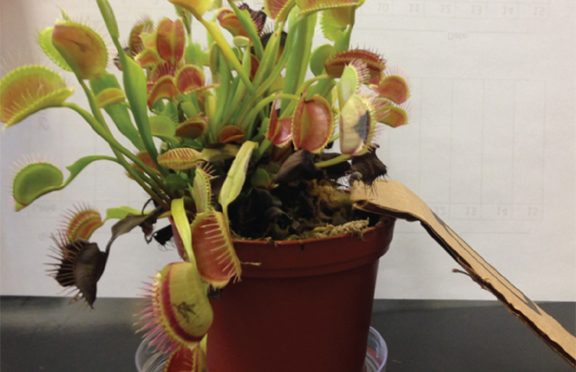
Those Spikes On Venus Flytrap Traps… What Do They DO?
The nonlinear benefit of spikes suggests that they provide a better cage for capturing more abundant insects of moderate and small sizes, but they may also provide a foothold for rare large prey to escape. (Click on title for full story.)
-
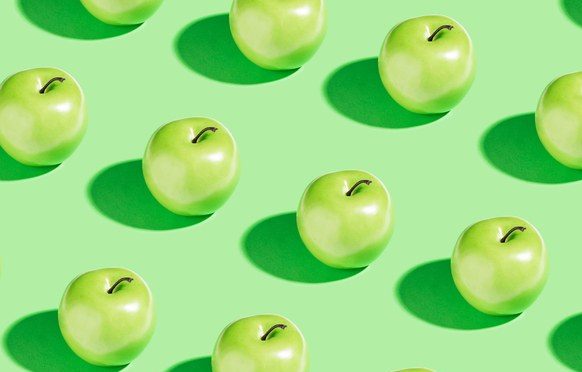
Automated Apple Orchards Are On Their Way. Good-Bye Farm-workers?
Now comes the apple-picking robot, a metallic farmer that just graduated from R&D and won a job in a New Zealand orchard. Its deployment may be limited at the moment, sure, but it’s a glimpse at a future in which hyper-specialized robots help feed our growing species. (Click on title for full story.)
-
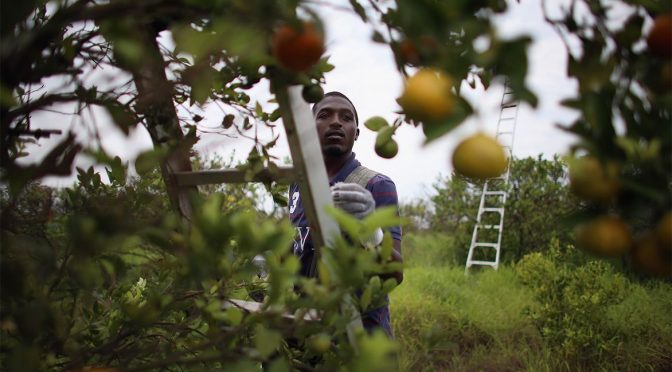
What Will Happen When Tons Of Antibiotics Are Sprayed On Florida Citrus Groves Annually? No One Can Say.
Academic researchers disagree on how much ecological harm or antibiotic resistance will result. (Click on title for full story.)
-
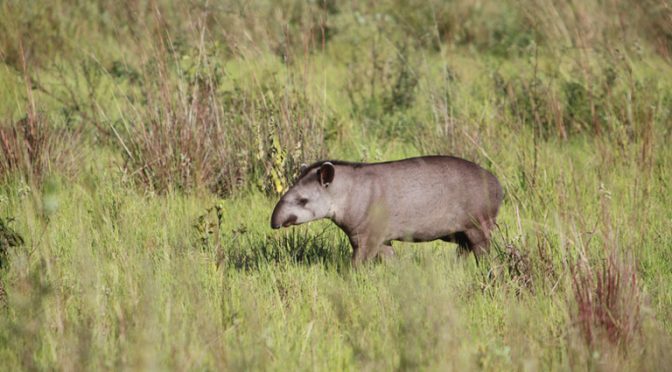
Protect Tapirs To Help Regenerate Degraded Tropical Forests
The role that tapirs play in seeding degraded forests is another good reason for conserving this last representative of the megafauna of South America,” (Click on title for full story.)
-
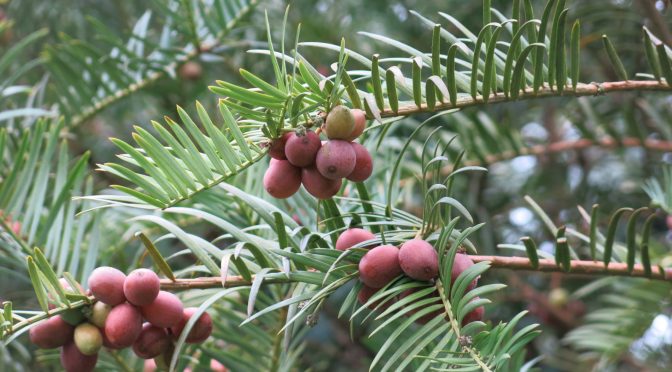
Good News For Leukemia Patients: Drug From Plum Yew Synthesized At Last
Historically, HHT has been made by adding an ester to cephalotaxine, an alkaloid derived from the leaves of an Asian tree: the plum yew. And the only way to get more cephalotaxine was to plant more plum yews. That’s problematic (Click on title for full story.)
-

If Ancient Ancestors Hadn’t Become Plant-Eating Farmers Would There Be “F” Words?
Thousands of years ago, some of our ancestors left behind the hunter-gatherer lifestyle and started to settle down. They grew vegetables and grains for stews or porridge, kept cows for milk and turned it into cheese, and shaped clay into storage pots. Had they not done those things, would we speak the languages and make…
-
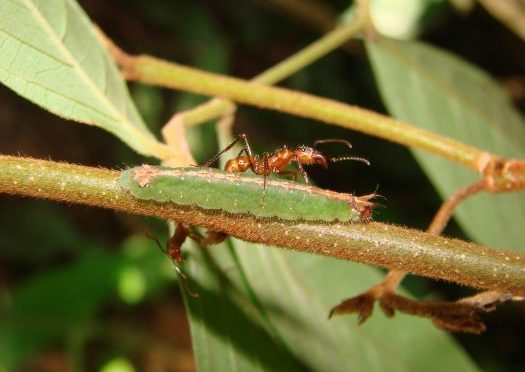
Tropical Forest Plant Diversity Is Driven By The Bugs
The study reveals the significant role of herbivores in driving diversity in tropical ecosystems, with stark implications—the loss of those populations could have catastrophic consequence on these important habitats. “If climate change continues to increase the length of the dry season in the Americas, then the dynamics of the herbivore populations will change as well,”…
